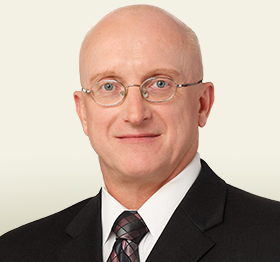Pembrolizumab (a drug that inhibits PD-L1) recently received FDA approval for any type of cancer that’s failed to respond to first line therapy, as long as the tumor carries a specific molecular defect.
Let me repeat that – ANY TYPE OF CANCER.
Mind not blown yet? OK, OK – I should give you some background information about how FDA approval works.
It used to be that drug-makers could advertise and sell medicines even if there was no proof the drugs were effective. It wasn’t until 1978 that the FDA required that medicines actually did what they claimed to do. This was great news for cancer treatment, because it led to the removal of a great many ineffective and fraudulent medicines from pharmacy shelves. But it also caused drug approvals to become much more narrowly focused.
Think about it: if you’ve got a drug that shrinks the majority of breast cancers, almost half of lung cancers, and a third of bladder cancers, you’re going to submit the drug for approval for each separate disease since you don’t want the poor-responding bladder cancer to jeopardizing drug’s approval for breast cancer patients. But the result is cancer drugs usually only get second-tier testing in one specific type of cancer (or cancer situation) at a time. And though the FDA’s approving more drugs in less time than ever before, I still find it hard to be patient sometimes, even though I understand how important a proper approval process is. No one wants to go back to the “buyer beware” days before 1978.
Back to the main topic at hand, though – the FDA approved pembrolizumab for any type of cancer with a specific defect in DNA mismatch-repair. That means the drugs work so well in so many different types of cancer that the manufacturer was confident enough to test it in multiple different cancers.
Nothing like this has ever happened in my professional career.
(Up Next: How do checkpoint inhibitors work, anyway?)

